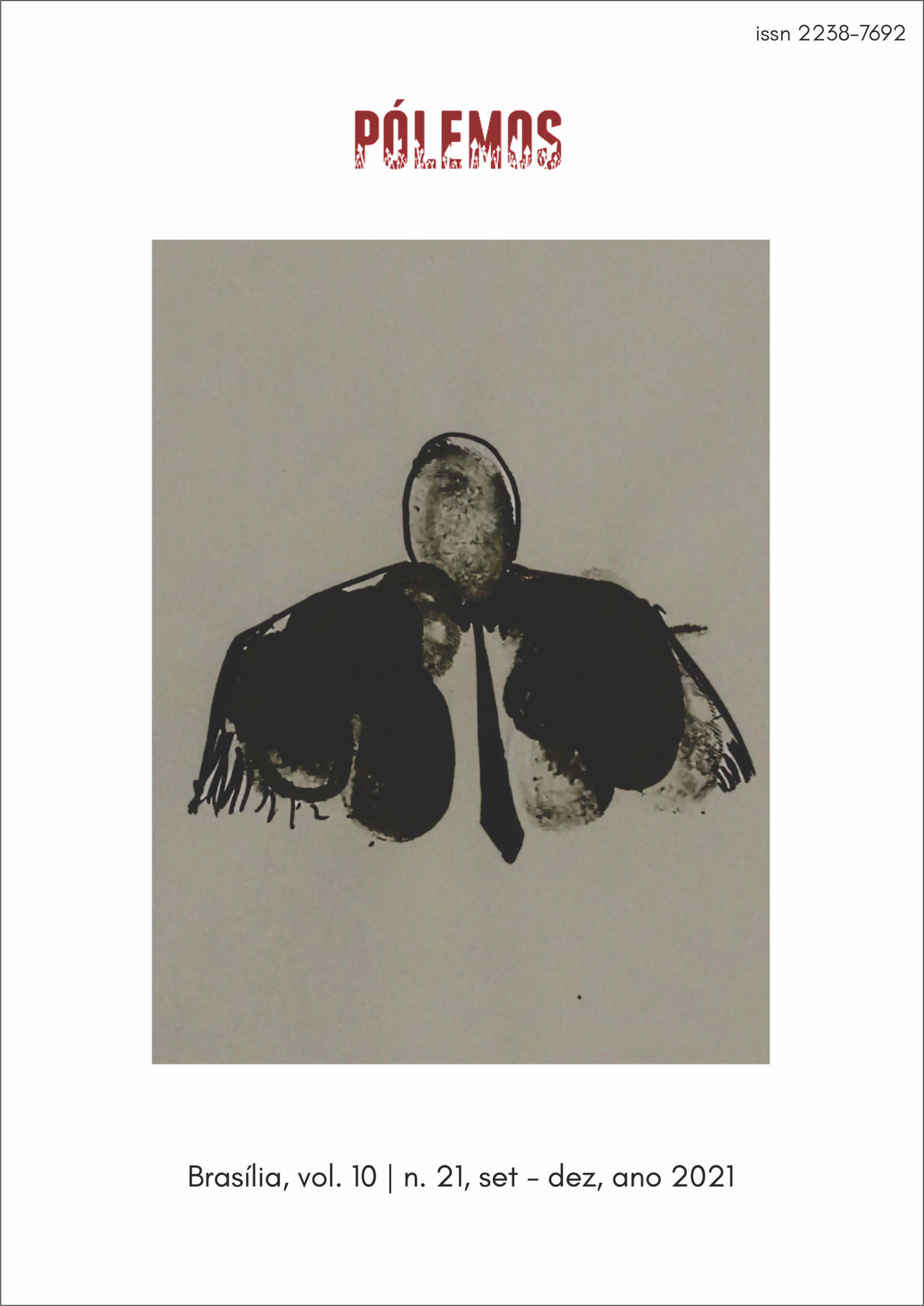THE PLACE OF PHILOSOPHY TODAY
DOI:
https://doi.org/10.26512/pl.v10i21.40922Keywords:
Critique. Education, Heidegger. Philosophy. Rancière.Abstract
In this article I aim at identifying the role of philosophy in the contemporary world. In the first section, I clarify the meanings of philosophy. Making a short digression on the evolution of philosophy since the Greeks until today. From a practical and existential attitude to a logic of compartimentalization of knowledge I ask the question: How can one teach and learn philosophy? In the second section I look into its purpose by reflecting upon the role of the philosopher and philosophy professor having as starting point a dialogue with Rancière’s Ignorant Master. Finally, I try to identify the role of philosophy today. In order to do so, I revisit the relationship between philosophy and truth. Starting with a dialogue with Heidegger, Aristotle, Kant and Heath I show how philosophy remains of crucial importance for contemporary days, however, I argue that philosophy’s importance and role today depends on the recovery of its commitment with Truth, wisdom and (non-dogmatic) critique.
Downloads
References
ARISTÓTELES, Ética a Nicômaco. Tradução de Leonel Vallandro e Gerd Bornheim. São Paulo: Nova Cultural, 1991.
HEATH, J. O problema dos estudos ‘críticos’. Crítica. Disponível em: <https://criticanarede.com/estudoscriticos.html>. Acesso em 23 de jan de 2019.
HEIDEGGER, M. Conferências e artículos. Tradución de Eustaquio Barjau. Barcelona: Odós, 1994.
HEIDEGGER, M. The Fundamental Concepts of Metaphysics – World, Finitude, Solitude. Translated of William McNeill and Nicholas Walker. Indiana: Indiana University Press, 1995.
KANT, I. Resposta à pergunta: o que é o Esclarecimento?. Tradução de Artur Morão. 1990. Disponível em: . Acesso em: 23 de jan. 2019.
Ramos, Cesar AugustoAprender a filosofar ou aprender a filosofia: Kant ou Hegel?. Trans/Form/Ação [online]. 2007, v. 30, n. 2, pp. 197-217. Disponível em: <https://doi.org/10.1590/S0101-31732007000200013>. Acesso em 23 jan. 2019.
RANCIÈRE, J. O Mestre Ignorante – Cinco lições sobre a emancipação intelectual. Tradução de Lilian do Valle. Belo Horizonte: Autentica, 2012.
SENEDA, M. C. Conceitos de Filosofia na Escola e no Mundo e a formação do filósofo segundo I. Kant. Kriterion, Belo Horizonte, nº 119, jun./2009, pp. 233-249. Disponível em: <https://doi.org/10.1590/S0100-512X2009000100012>. Acesso em 23 jan. 2019.
Downloads
Published
Issue
Section
License
Copyright (c) 2022 PÓLEMOS – Revista de Estudantes de Filosofia da Universidade de Brasília

This work is licensed under a Creative Commons Attribution-NonCommercial-NoDerivatives 4.0 International License.
Todos os trabalhos que forem aceitos para publicação, após o devido processo avaliativo, serão publicados sob uma licença Creative Commons, na modalidade Attribution-NonCommercial-NoDerivatives 4.0 International Public License (CC BY-NC-ND 4.0). Esta licença permite que qualquer pessoa copie e distribua a obra total e derivadas criadas a partir dela, desde que seja dado crédito (atribuição) ao autor / Ã autora / aos autores / às autoras.


